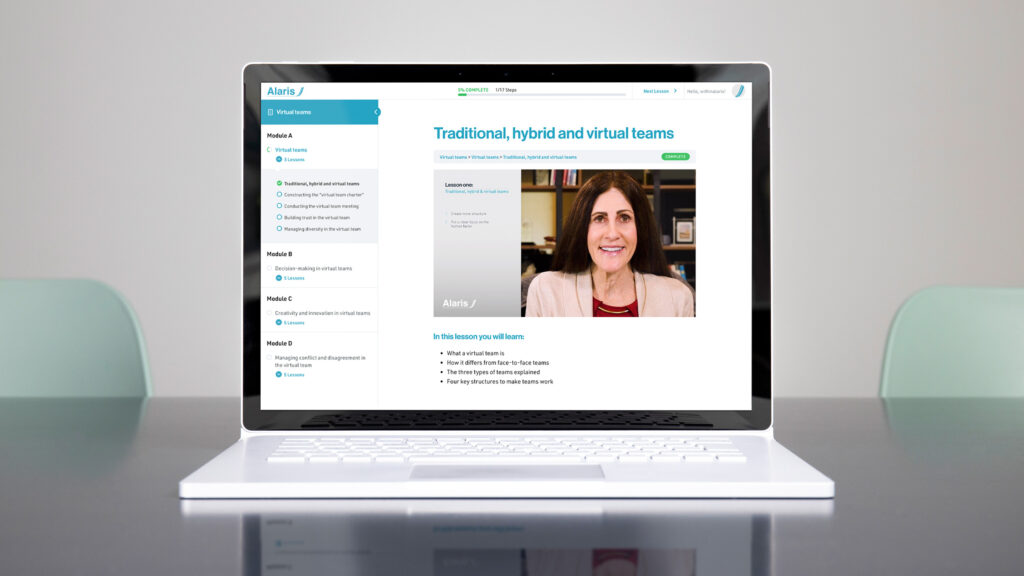Scheduling video conferences, virtual meetings and setting up online chat groups are part of our daily working routine now. But making a virtual team perform, and perform well, is an entirely different beast. Managing and communicating with team members primarily through online platforms requires a new level of organisation and engagement – and this cannot rely on video conferencing only.
In a traditional office environment, we communicate quickly and more frequently. We are influenced by routine and social cues – how we dress, how we act, where we sit. We are influenced by charisma – by the physical rapport we establish with people. We are ‘drawn’ by people’s presence.

But the truth is that it’s a real challenge to recreate these social interactions online. Our ‘virtual selves’ are different from our ‘physical selves’. We are less reserved, bolder in discussions, open to taking more risks, rowdier. We don’t recognise status as much, and we are much more likely to be recognised if we have great substance, rather than great presentation skills. We are replacing oxytocin with brainpower. But in so doing, we are in danger of denying the human factor.
This profoundly impacts the structure and dynamics of teams. We need to be more flexible in our thinking and it is a must to have transparent and constant communications that permeate every level of our organisation. We have to understand that our company, like all companies, has and is still changing and will most likely never be the same again. Five-year plans are irrelevant and our ticket out of this is to act fast, shift gears quickly when we need to and find new ways to keep our teams looking forward.
How we train our virtual teams in the ‘new world’ will not only ensure business innovation, progress and longevity, but also allow people to be motivated and to have a purpose.

Alaris courses are broken down into easily navigable modules and lessons, with clear explainer films for each lesson.
This is why we have created Alaris for us and our clients – a digital executive education platform designed to support organisations with training people for the new virtual environment in which they now have to now operate. Alaris was born at the edge of two worlds: business and academia, having been developed in collaboration with Professor Leigh Thompson from the Kellogg School of Management.
Professor Thompson is an expert in Organisational Development, and the director of the Kellogg Team and Group Research Center, the Leading High Impact Teams executive programme, and the Negotiating in a Virtual World executive programme, to name a few. She is also an Adjunct Professor of Psychology at Northwestern.
We can either innovate or withdraw – fear or create. Let’s not be afraid.
For more information on the modules available and pricing, visit the Alaris website.


